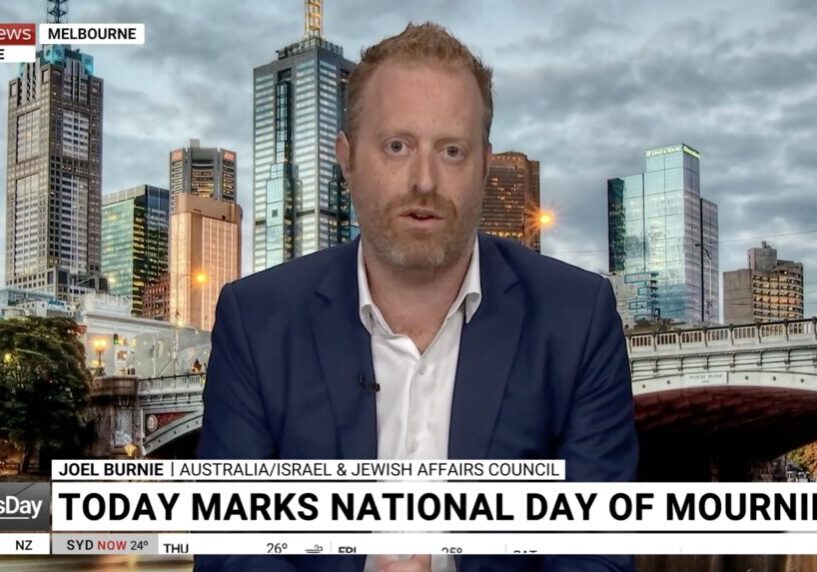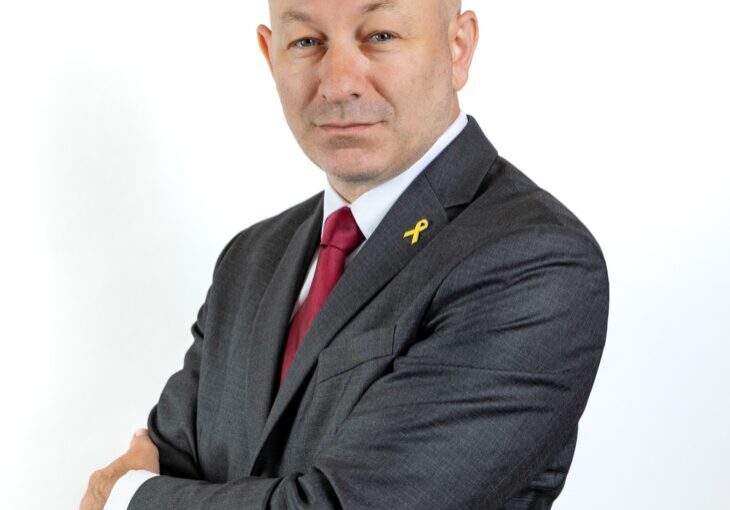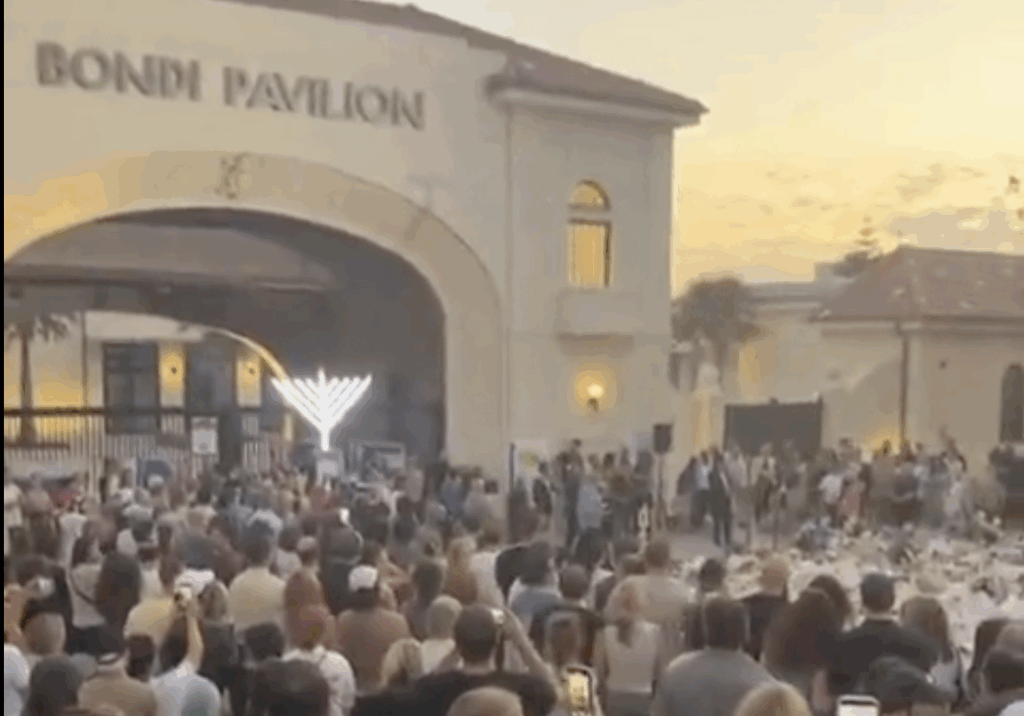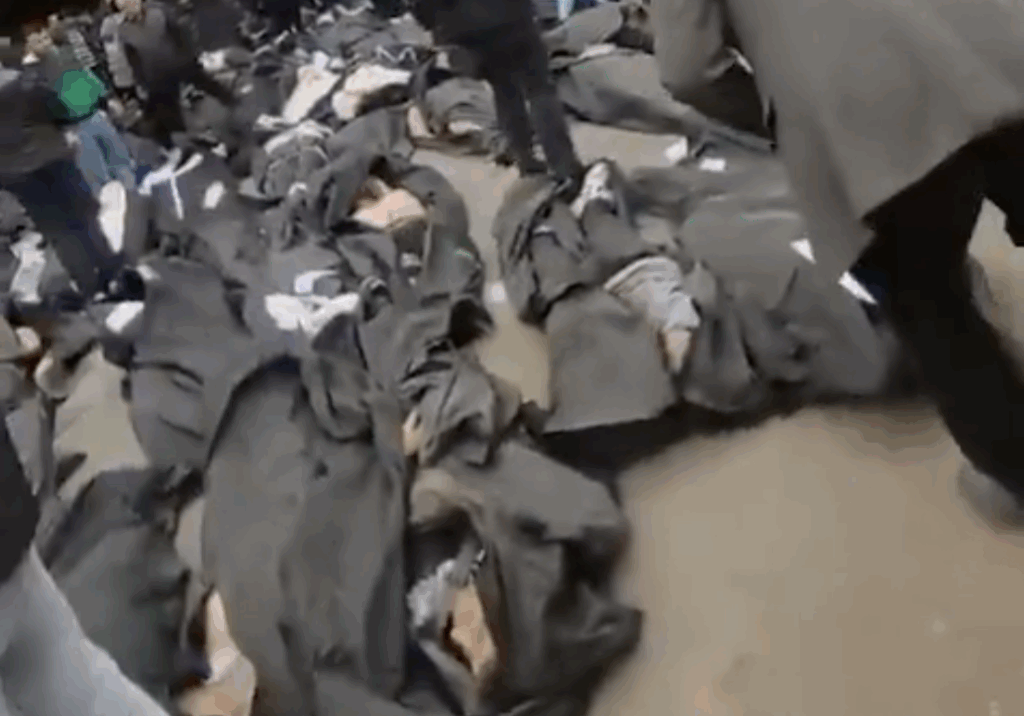Australia/Israel Review
New Government will confront terror wave
Nov 29, 2022 | Amos Harel
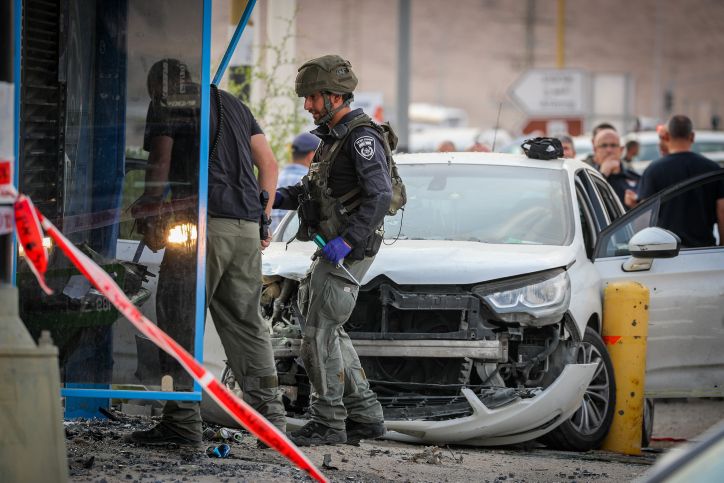
The terror attacks in the West Bank are continuing, unrelated to the outcome of the Israeli election or the upcoming government transition. The killing spree by a Palestinian terrorist on November 15 near Ariel, in which three Israeli civilians were murdered, is the most serious of its kind since the attack in the city of Elad at the end of Independence Day in April.
The wave of terror that began last March is no longer really a wave, but seems like a kind of new reality, which is likely to be long-term.
There are ups and downs in the extent of the violence, but the violence itself is now a almost a permanent fact, even if it is doesn’t reach the scale of a third intifada. There is never total quiet in the West Bank. There is permanent friction tied both to the policing by the Israel Defence Forces against the Palestinian population, and the tensions between Palestinian villages and neighbouring settlements.
But in addition to the numerous incidents of stone throwing on the highways, in recent months there have been more serious incidents: shooting, car ramming and stabbing attacks, with relatively great frequency.
These are accompanied by a reinforced IDF presence; broad campaigns of arrest, the most widespread of which are focused in the northern West Bank; violent land disputes between Palestinians and settlers; and mutual acts of revenge.
Because the Nov. 15 attack took place towards the end of the tenure of the Lapid-Bennett Government, it was senior members of the outgoing Government who responded officially to the murder of the civilians near the settlement of Ariel.
But several hours after the incident, the swearing-in ceremony of the 25th Knesset began. Apparently in a few weeks from now at most, Palestinian terror will become a problem of the new right-wing government being formed.
The belligerent rhetoric that characterised many members of the prospective coalition when they were sitting in the opposition will no longer avail them. The public will expect the new people in charge to prove themselves.
Statements about restoring deterrence, the death sentence for terrorists and total support for soldiers and police will have to withstand the test of reality.
In recent weeks there has actually been a decline in violence in the territories. That was evidently also due to the success of the IDF and the Shin Bet security service in striking at the leaders of the “Lions’ Den” terror group based in Nablus.
As a result, the group was apparently disbanded and dozens of its members handed themselves over to the Palestinian Authority, as part of a new agreement, to which Israel seems to be acquiescing. But when most of the attacks are the work of lone terrorists, one successful attack may be enough to change the atmosphere – and perhaps give rise to a new wave of copycat attempts.
On Nov. 14, the IDF and police published the conclusions of their joint investigation into the killing of IDF Sgt. Noa Lazar at Shoafat checkpoint in northern Jerusalem last month. The investigation levelled criticism at the feeble response of police posted at the checkpoint to the shots fired at them and at soldiers. In the end it was decided that the three Border Police officers and three career policemen would receive an official reprimand.
Even now, based on the initial testimony from the Ariel attack, the response of some members of the security services seems to have been slow and hesitant. The terrorist, armed only with a knife, stabbed a security guard at the entrance to the Ariel industrial area, while evading another security guard.
Afterwards he stabbed two civilians to death at a gas station, then continued on a spree of stabbing and car ramming, while stealing two cars. Only about 20 minutes later, and several kilometres to the west of where the attack began, was he shot dead by a soldier and a civilian.
According to the declared policy of the defence establishment and political leadership in recent years, the widespread employment of Palestinians with entry permits inside should continue, both within the Green Line and in the settlements’ industrial zones.
It was argued that any collective punishment would only push additional Palestinians into the arms of the terror organisations. It is doubtful whether that will be the opinion of the Religious Zionism party in the next government, but the degree of its influence on upcoming decisions remains to be seen.
Amos Harel has been the military correspondent and defence analyst for Haaretz newspaper for the last 12 years. © Haaretz (www.haaretz.com), reprinted by permission, all rights reserved.
Tags: Israel, Palestinians, Terrorism


